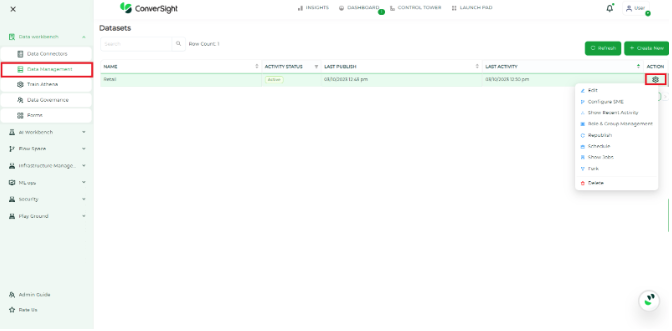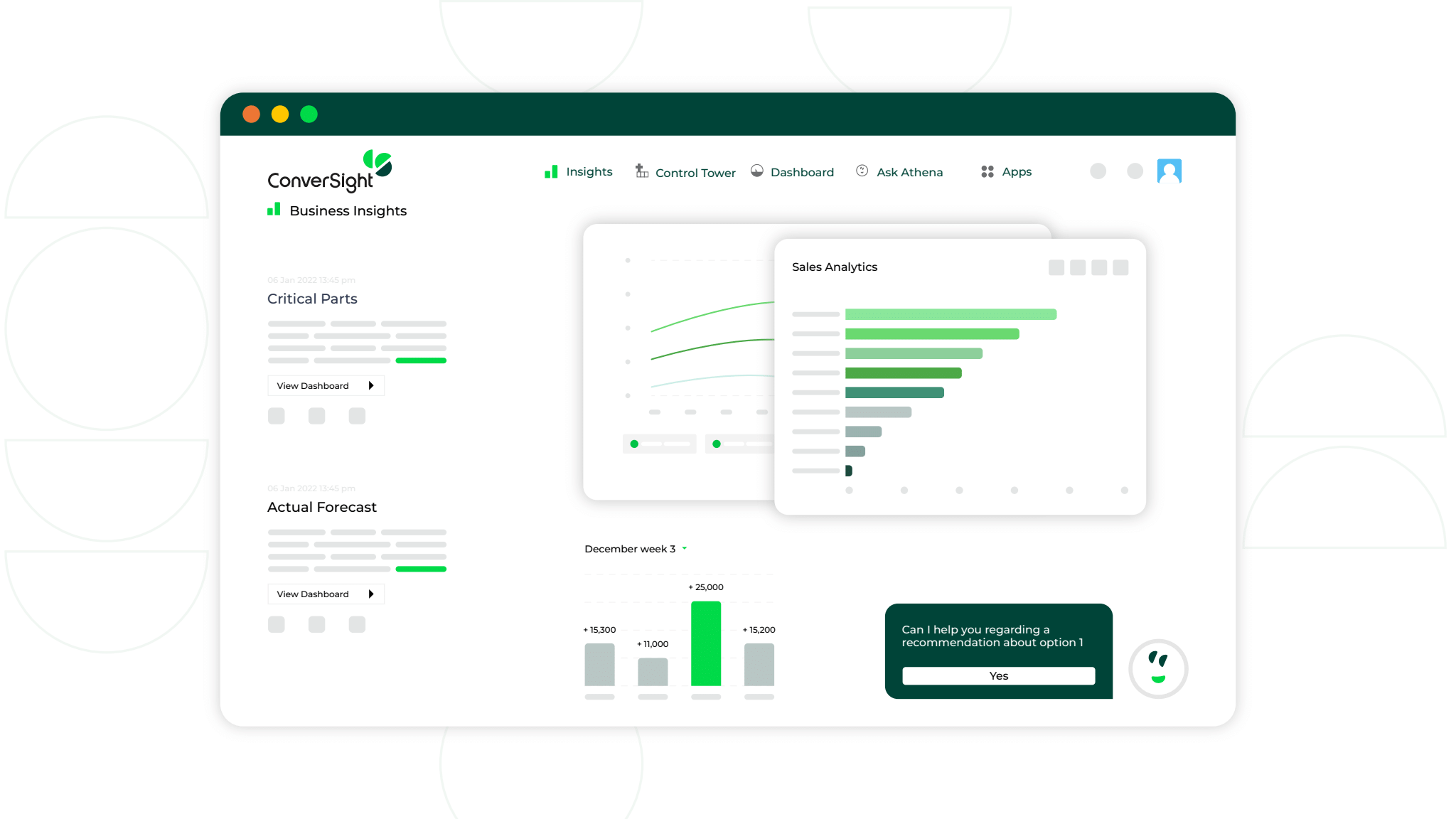
Supply chain management is crucial to any business that wants to achieve success and remain competitive in today’s global market. However, managing a supply chain is a complex and challenging task, especially when dealing with multiple stakeholders, systems, and data sources. The lack of visibility and forecasting accuracy can lead to excess or insufficient inventory, delayed decision-making, and missed revenue opportunities. An effective supply chain management can lead to improved efficiency, reduced costs, increased customer satisfaction, and ultimately, improved profitability. To optimize supply chain operations, businesses need access to accurate, real-time data to make informed decisions.
Data management plays a crucial role in this process, as it enables organizations to collect, organize, analyze, and use data to make informed decisions about the supply chain. Proper data management can provide insights into critical areas such as demand forecasting, inventory management, and supplier performance, which can help organizations optimize their supply chain and gain a competitive advantage in the market.

ConverSight’s Data Management enables organizations to transfer data from various sources, such as SAP, to a cloud-based system, automating the process of organizing and analyzing the data. This leads to improved collaboration and efficiency in the supply chain management process. With ConverSight, organizations can generate insights relevant to different roles, creating reports and dashboards to provide visibility into the supply chain, including critical parts shortages and product demand and supply. ConverSight helps in solving supply chain challenges and provides complete visibility into production, inventory, and forecasting systems, enabling quick and efficient data-driven decisions.

By automating data collection, organization, and analysis with ConverSight’s Data Management, businesses can overcome the challenges of supply chain management. Here’s how:
Improved Decision-Making: Access to real-time data and automated analysis tools enables businesses to make informed decisions based on accurate insights. This helps them identify potential issues before they become problems and respond quickly to changes in demand or supply.
Enhanced Collaboration: By centralizing data and making it easily accessible, data management solutions improve collaboration between different teams involved in supply chain operations. This helps ensure everyone has access to the same information and can work together more effectively.
Reduced Risk: Accurate, real-time data reduces the risk of delays or disruptions in supply chain operations due to inventory shortages, production delays, or other issues. This helps businesses maintain customer satisfaction and avoid costly delays or cancellations.
Streamlined Operations: By automating data collection and analysis, data management solutions streamline supply chain operations and reduce the time and effort required to manage data manually. This frees up time for teams to focus on other critical tasks.
Real-time Visibility: Data management systems can provide real-time visibility into the supply chain, allowing stakeholders to track inventory levels, shipping status, and demand patterns. This helps organizations make informed decisions and respond quickly to changes in demand or supply.
Efficient Inventory Management: By analyzing data on inventory levels, lead times, and demand patterns, organizations can optimize their inventory levels, reducing the risk of stockouts while minimizing excess inventory.
Improved Forecasting: Data management systems can be used to collect and analyze historical data, allowing organizations to develop more accurate demand forecasts. This, in turn, can help organizations optimize production schedules, reduce lead times, and minimize stockouts.
Streamlined Collaboration: Data management systems can provide a single source of truth for all stakeholders in the supply chain, allowing for more efficient collaboration and communication. This can help to reduce errors, improve efficiency, and minimize costs.
Enhanced Quality Control: By collecting and analyzing data on product quality, organizations can identify areas for improvement and implement targeted quality control measures. This can help to reduce the risk of defects, returns, and other quality-related issues.
In today’s competitive global market, effective supply chain management is crucial for businesses to achieve success. Proper data management plays a key role in optimizing supply chain operations and gaining a competitive advantage. ConverSight’s Data Management solution automates data collection, organization, and analysis to improve collaboration and efficiency in supply chain management. The solution provides real-time visibility, enhances decision-making, reduces risk, streamlines operations, and improves forecasting and quality control. l. It can help businesses overcome the challenges of supply chain management and achieve improved efficiency, reduced costs, improved customer satisfaction, and extended profitability.


